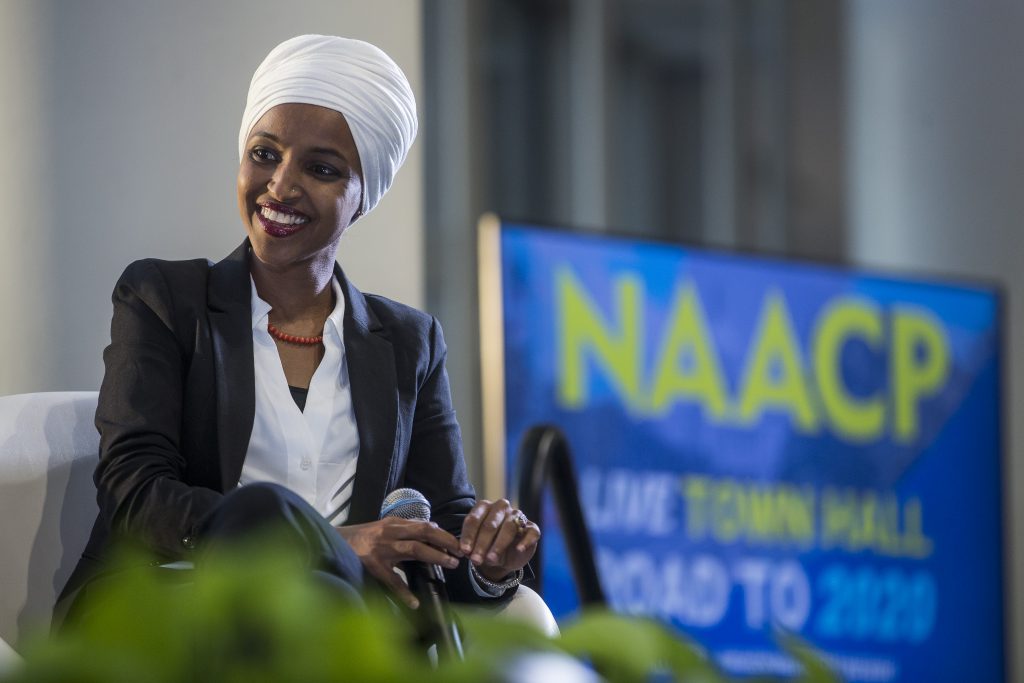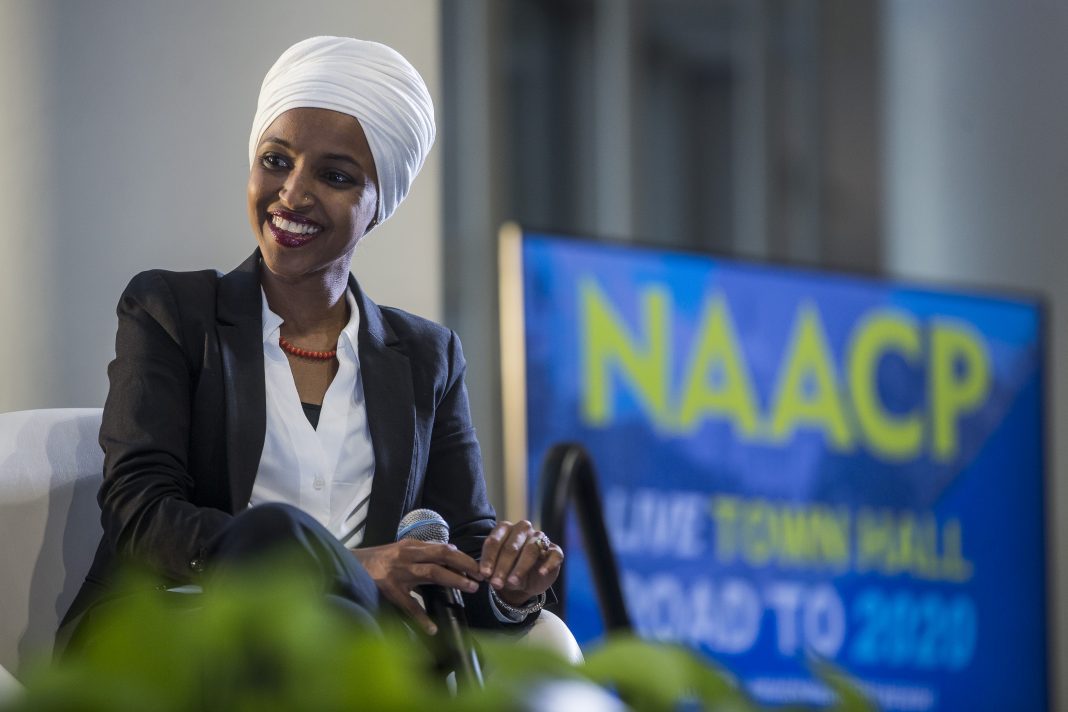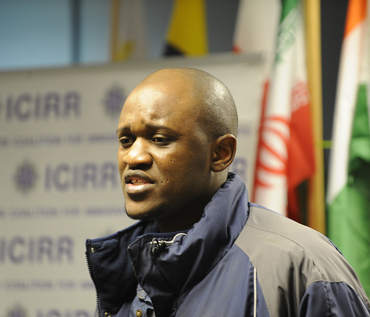

In 2018, Ilhan Omar made history as the first person born in the African continent to be elected to the U.S. House of Representatives, when she was chosen to represent Minnesota’s 5th Congressional District. A year and a half later, she finds herself fighting to be re-elected.
This time, things are different for the Omar, who was born in Somalia and immigrated to the United States as a refugee. She is no longer the newcomer underdog. She is the incumbent, with a national paper trail – albeit a short one – that has actions she must explain to voters.
Minnesota’s 5th Congressional District Omar she represents is a solid Democrat one, where winning the primary is a sure ticket to Congress. That’s what happened in 2018, when she, a darling of the liberals, won the primary election. But since then, Omar, who is a Muslim, has made missteps that have angered a lot of them. Most notable were her statements and tweets about Israel, which some have labeled anti-Semitic.
Those missteps have left her vulnerable as she faces a strong primary challenge from Antone Melton-Meaux, a local attorney.
Mshale spoke with Omar regarding her current political platform and what constituents can expect from their elected official during these uncertain times.
“These are very challenging times,” Omar said.
The effects of the challenges wrought by COVID-19 can be seen in the nation’s economy with a record-breaking number of workers filing for unemployment benefits and an anticipated housing crisis.
“Our worry is that the housing crisis that will result from this pandemic and the housing crisis were in, will be greater than the one we had in 2008,” Omar said.
The issue of affordable housing in district five has long been a topic of discussion. The current pandemic threatens to exacerbate this difficulty both locally and nationally.
The congresswoman said had been working with both state and federal legislators to ensure that protections for mortgage holders and renters are sustained after emergency protective declarations have been lifted. Many of these ordinances were introduced in the CARES Act, which passed in March.
Omar has vowed to continue addressing social justice issues in the midst of social unrest and a global pandemic.
“We’re looking at reforming the way in which local municipalities, states, and the federal level prioritize their budget,” Omar said.
In response to the protests that left many local businesses affected from damage, Omar turned her office into a distribution center for members of the community to receive essential supplies. The congresswoman also stated that she’s teamed up with local organizations to help rebuild the community.
“We’re not only dealing with the pandemic, that’s also brought an economic crisis, but we’re also now dealing with a neglected epidemic, which is racism,” Omar said.
The recent death of George Floyd, a restrained African American man at the hands of law enforcement, has sparked a national conversation on race and social justice. Reopening old wounds that were never mended in American history.
“I’ve been working closely with my colleagues in the Congressional Black Caucus on a bold transformative agenda,” Omar said.
The congresswoman teamed up with the Congressional Black Caucus to introduce a bill that would create an independent agency to investigate police misconduct, criminalizes violence against protesters, reduce president Trump’s ability to deploy the military domestically, and provide relief to communities that are affected. She has also worked with Rep. Ayana Pressley, who represents Massachusetts’ 7th Congressional District, to introduce a resolution that acknowledges the history of systemic racism in the United States dating back to slavery and calls for reforms to address it.
“Our hope is that our policies will bring transformative change not just for our district but for our state and for our country,” Omar said.
Minnesota has approved measures to allow individuals to vote by mail. Early voting began on June 26 and ends on August 10. The following day on August 11 will mark the beginning of the primaries.
About Cynthia Simba, Mshale Reporter
Cynthia is a graduate of the University of Minnesota School of Journalism. She has interned at Mshale and Voice of America and previously worked at the Minnesota Daily. She recently returned from Seoul, South Korea where she was an English educator.













There is nothing anti Semitic in what the congress woman said. Today criticizing how Israel treats the Palestinians is called ant Semitic.
Comments are closed.